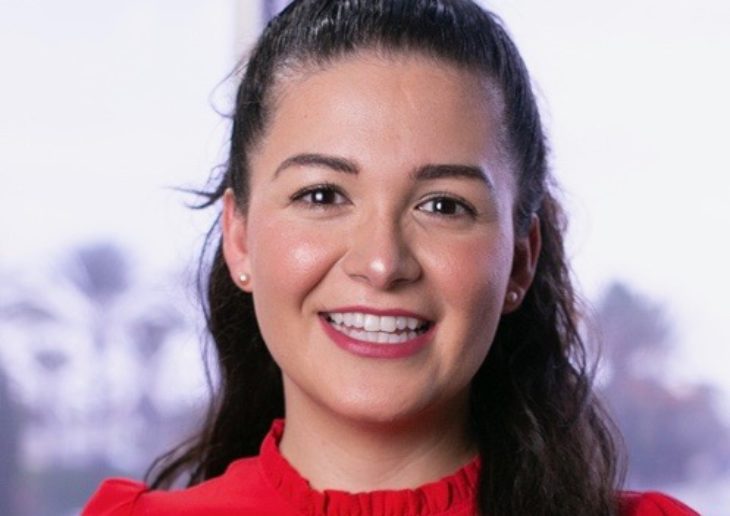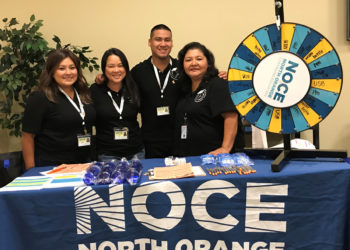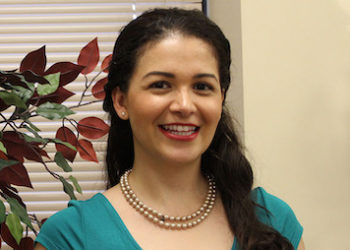AB 2098 Set the Groundwork… Now, It’s About the Legwork
Director's Corner
June 07, 2019

When the California Legislature passed AB 2098 last October with unopposed bipartisan support, the adult education community let out a collective sigh.
It was a sigh of satisfaction and relief, to be sure. A hard-earned victory for equity and social mobility in California, not to mention a vote of confidence for the adult education professionals serving nontraditional students in our state.
For those of us working in support of a more defined pathway for immigrants, AB 2098 completely reinvents the way we do things in California, with a more holistic approach. By replacing “one-size-fits-all” gauges of academic progress with contemporary, data-driven metrics, we’re breaking down traditional (and largely arbitrary) barriers to success for immigrant students.
But, like anything worth pursuing, it comes with legwork. And, naturally, that comes with some excitement and apprehension…
Mostly excitement.
As a member of the AB 2098 Workgroup, along with colleagues at the community college, state, K-12, social service agency, and budget office levels, I am proud to be involved in the energetic and critical work of developing measures for integration of immigrant services. It’s a diverse and dynamic group, bearing equal representation from education, community, and workforce experts.
Our task is to take the eight additional goal areas identified in AB 2098 and make recommendations for robust, traceable metrics that give proper credit for nontraditional outcomes and ensure that successful programs continue to be funded. These new goal areas go beyond simple metrics, like degree attainment and job placement, and into integral (though difficult to track) measures like language literacy, health and well-being, and social engagement.
For NOCRC, the real measure of success is in the stories we hear every day. Inspirational, transformational stories of adult education’s impact on individuals, families and communities. It’s these stories that motivate and inspire our organizational goals.
For the most part, data drives funding. Through regular communication, including monthly meetings at the Sacramento County Office of Education, the AB 2098 Workgroup is helping capture a data integration process to properly measure the impact of adult and career education programs in California.
We’re taking a holistic approach to meet our goals. Sometimes, it’s taking an implementation process that’s already being used in another government agency. Other times, it’s about building a brand new process from the ground up. The strength of the AB 2098 Workgroup is its broad scope and diversity of membership, and we’re relying on that constituted expertise to give us the complete picture.
We have drafted a set of recommendations for the California Community Colleges Chancellor’s Office to present to the California Legislature this summer, and our work as adult education innovators will be done…
*Sigh*
Not likely.
Janeth Manjarrez is the Director of the California Adult Education Program for the North Orange County Community College District.



